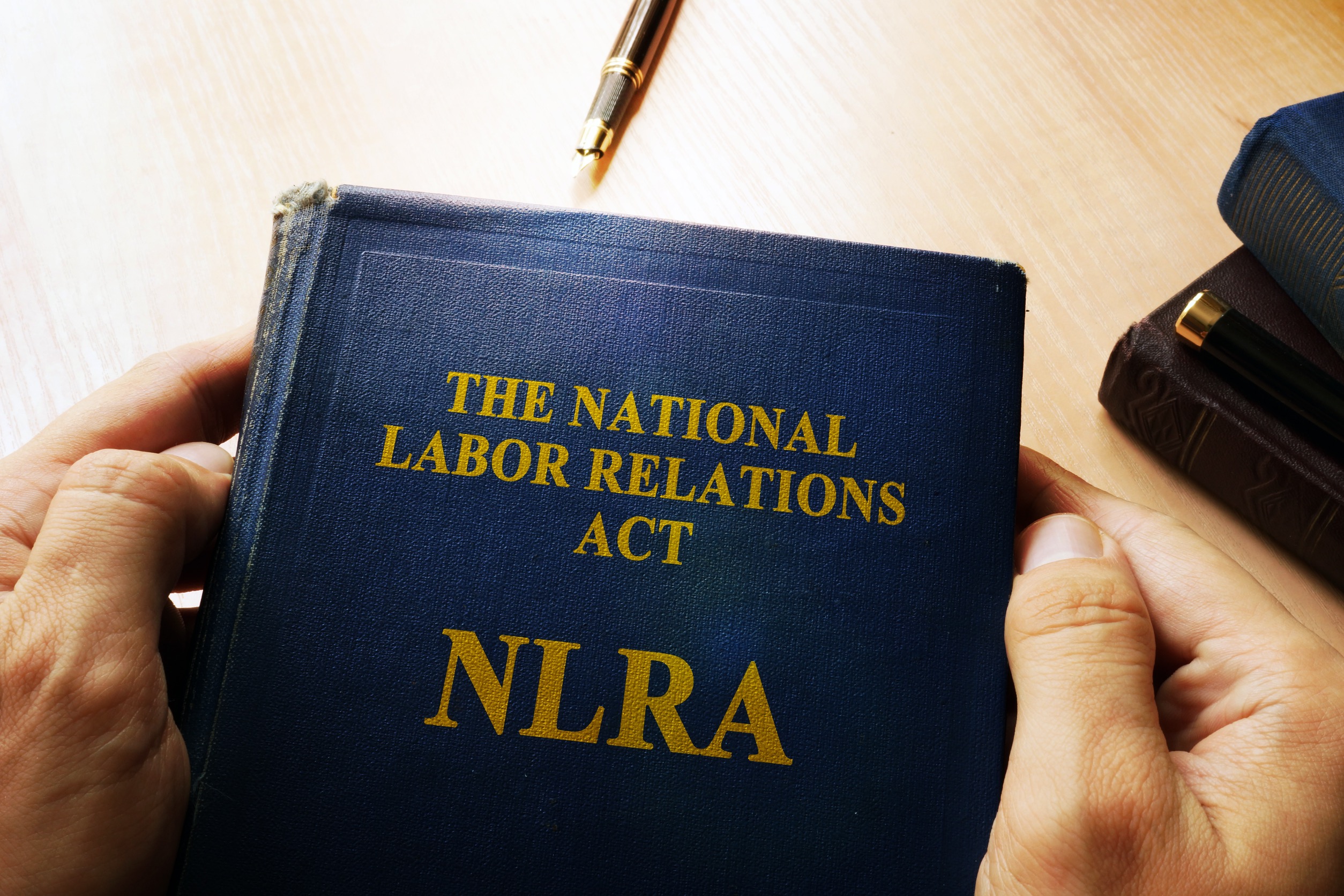On February 21, 2023, the National Labor Relations Board (NLRB) issued its decision in its administrative case: McLaren Macomb, where it held that employers may not include overly broad confidentiality and non-disparagement clauses within severance agreements. The NLRB’s reason for this decision is that these clauses unlawfully chill and inhibit the ability of employees to exercise their rights under Section 7 of the National Labor Relations Act (NLRA). This decision can create several questions and concerns for employers that utilize severance agreements regarding whether these agreements should be modified following McLaren Macomb.
What Are Severance Agreements?
Upon the termination of an employment relationship, an employer commonly provides a severance agreement to a terminated employee. This agreement outlines the rights and obligations of both the employer and the employee during the termination process. A severance agreement often contains the terms of a severance package or payment, in which the employee will receive a sum of money following his or her termination. A severance package may also include an extension of coverage for health insurance.
The termination of an employment relationship can be uncomfortable and may result in litigation, especially if it is handled improperly. Therefore, many employers implement severance packages, found within severance agreements, to end the relationship more amicably and to reduce the potential for litigation.
Although terminated employees may receive a severance payment and an extension of benefits, the caveat is that they typically must agree to confidentiality and non-disparagement clauses found within the severance agreement. Confidentiality clauses in a severance agreement prohibit the terminated employee from disclosing the terms of the agreement with narrow exceptions, such as disclosure to a spouse or to the government. Non-disparagement clauses are used to prevent the terminated employee from making any negative comments or statements about the employer or its management. These two types of clauses were at issue in the NLRB’s decision in McLaren Macomb because they can violate an employee’s NLRA rights.
Who Is the NLRB?
The NLRB is an independent agency of the federal government tasked with enforcing the NLRA and laws relating to labor rights and unfair labor practices. It also has authority to issue regulations on labor law.
When an employee believes that their labor rights have been violated, they may file a charge with a regional office of the NLRB. The regional office will conduct an investigation and a hearing to determine the validity of the charge that was filed. If it is valid, the regional office will then take the case to an administrative law judge, who will also conduct a hearing. If the administrative law judge sides with the employee, then the NLRB, composed of five members, can review the decision. Finally, the NLRB’s decision can be reviewed by the U.S. Court of Appeals.
What Is the NLRA?
The NLRA is the foundational law that guarantees collective rights of workers. Collective rights can include the right to: (1) join a trade union, (2) enter into collective bargaining agreements with employers for improved working conditions, and (3) go on strike. Section 7 of the NLRA protects employees’ rights to engage in these concerted activities as well as to refrain from engaging in these activities. Section 8(a)(1) prohibits employers from interfering with an employee’s Section 7 rights.
It is important to note that “employees” under the NLRA does not include any individual employed as (1) an agricultural laborer, (2) in the domestic service of any family or person at his home, (3) an individual employed by his parent or spouse, (4) independent contractors, (5) an individual employed as a supervisor, or (6) an individual employed by an employer subject to the Railway Labor Act.
Is the NLRB’s Decision Binding Upon Employers?
As mentioned earlier, decisions made by the NLRB can still be subject to review by the U.S. Court of Appeals or even further by the U.S. Supreme Court. However, the NLRB is a respected agency because it is a subject-matter expert in the topic of labor law. Therefore, out of an abundance of caution, some employers may choose to begin following the NLRB’s rules regarding the restrictions on confidentiality and non-disparagement clauses in severance agreements.






